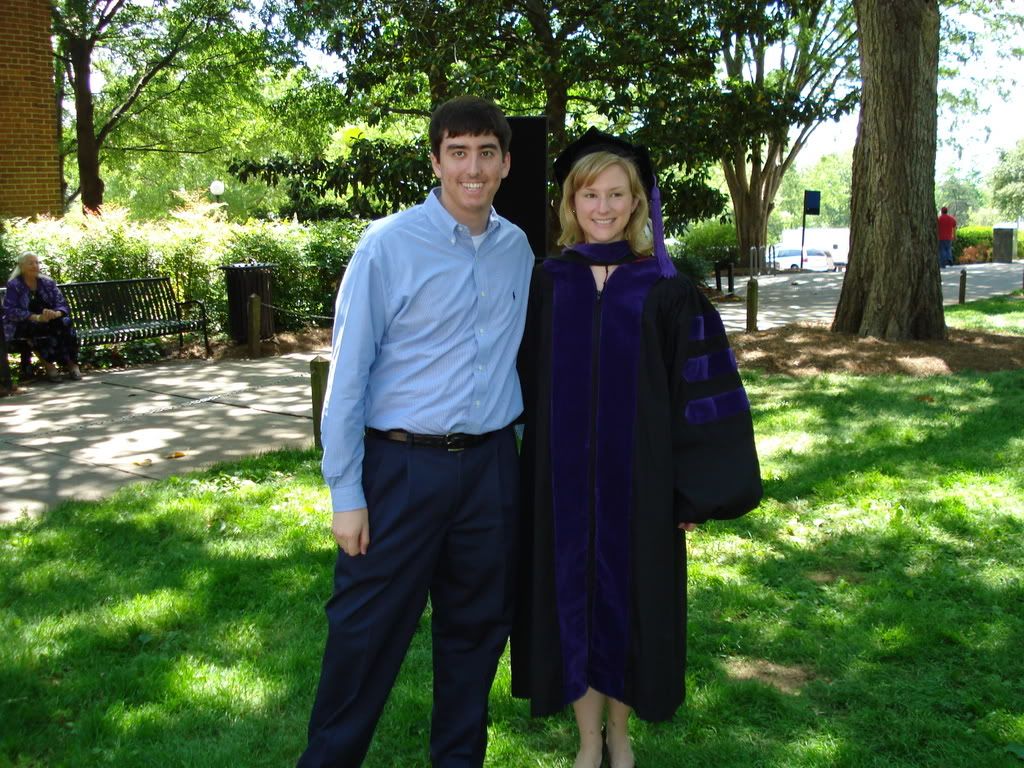Thursday, May 31, 2007
William Wordworth
Wordsworth most memorable poem, to me at least, is "We Are Seven." This poem appears depict some of Wordsworth's metaphysical beliefs or at least show how Wordsworth felt concerning people's perception of death. The poem follows a narrative of a man, presumably an adult Wordsworth describing to an acquaintance an occurrence he had in a churchyard with a little girl. Wordsworth asks the girl how many brothers and sisters she has, to which she promptly responds there are seven of them. This is in spite of the fact that two of the seven are dead. Wordsworth attempts to correct the little girl but to not avail, as she always says that there are seven of them. The two that are in the churchyard are still there. they are merely dead. This can be seen in the last line of the poem, " 'But they are dead; those two are dead!' / 'Their spirits are in heaven' / Twas throwing words away; for still / The little Maid would have her will, / And say, 'Nay we are seven!' " (Wordsworth 201). What this says to me is that there is a fundamental difference between the death perceived by adults and the death perceived by children. For a child, such as the young made of the poem, death is not a sad occurrence but merely a different type of existing. For an adult it is much more somber and conclusive. I believe Wordsworth is saying that everyone should be like the little girl of the poem and perceive death in more innocent terms, just like the little Maid.
Subscribe to:
Post Comments (Atom)

2 comments:
I like your comment about how the child perceives death. I think that children perceive death differently because of the little experience they have. Children can not comprehend the seriousness of the act of dieing and therefore, I think, associated death with a somewhat lengthy vacation.
Jay,
Good focus in this blog posting. I am glad to see you concentrate on one poem by William Wordsworth, rather than try to generalize about all of them.
In your discussion of "We Are Seven," you suppose the adult narrator to be Wordsworth; why do you suppose that? It seems to me problematic to make that assumption, especially in light of your conclusion that the poet wants the reader to favor the little girl's perspective on death, rather than his own. Be careful not to assume that the "I" in a poem is identical to the author--especially in the Romantics, that is an often misleading assumption. The speaker is often a character, and one many times at an ironic distance from the poet's own point of view.
Post a Comment